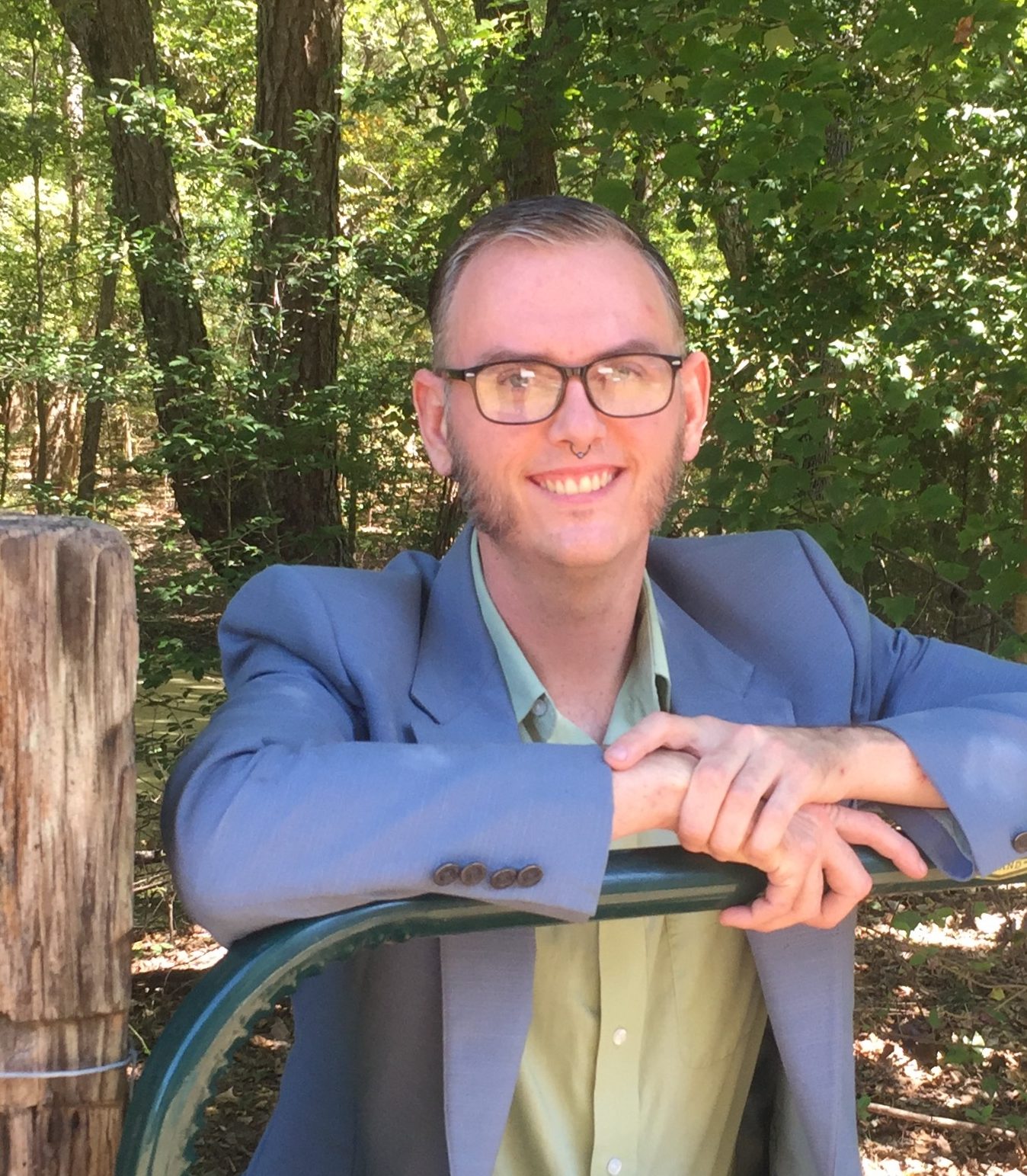The approach of Ambiarchy Academy is to meet people where they are at.
People have been raised in an authoritarian society, in which they are expected to do as they are told, and to seek authority out for answers. Students expect their teachers to be assertive, to have the answers, and to provide direction. This is especially so in our present cultural climate. They can involve themselves in loose anarchist discussion groups all they want already, but they expect a little more structure from a school, particularly since they are not there to practice, but to learn, self-management.
Still, we want a world in which everyone pursues a certain degree of self-education, whether alone or in cooperation with others, and in so far, at least, as it relates to the general affairs of life. We want people to be self-directing and cooperative, rather than obedient. This is an attitude completely different.
To stay affective, we do not just simply drop all of the rules and command structures (as an absolutist anarchist may be tempted to do), assuming everyone has the knowledge it takes to live as an anarchist de jure, but create meritocratic structures with heavy-handed facilitation, that immerses, guides, and instructs the individual in tools of self-determination, which they can put to use themselves once they graduate. Rather than simply handing all of the power in the school away, the school asserts its power in participatory manners.
Students come expecting to be told what to do, and if the teacher doesn’t really want to tell, so much as guide their interests, this simply does not readily mix, and leads to students feeling that they are attending a disorganized school that has nothing to offer. It leads to “teachers” feeling frustrated, that students are not directing their own education. The teachers and students come from different positions in life, and want different things.
It seems the solution is for the teachers to present what radical content they have in a traditional, ruly sort of fashion to these beginner students, and to start immersing the students in the processes only after they have been exposed, and commit, to the general ideas. This means that methods of power-distribution used in self-managing groups—such as rotation of roles, co-creation of all of the rules, etc.— cannot be applied in the same way, but that, instead, the teacher must be willing to play the exclusive role of facilitator and lecturer, and even to unilaterally dictate rules to the class, all with the ultimate intention of distributing the information that they need to start the immersion process, in which they can begin to take part in the processes. Once they fully understand why, true self-management, self-education, and immersion follows in active peer groups, in which process is given more focus.
This is a method that would be repulsive to more traditional anarchists, because it’s admitting to the necessary role of functional hierarchy. But to the Ambiarchist, it is an essential first step. This is because the Ambiarchist, grounded in egoism, assumes jungle law for social foundations, and has no problem, then, of playing dominant roles over those who are not yet their associates. Ambiarchy is about an insular, exclusive anarchy, in which only those who do the work to associate are granted full participation and rights of autonomy, and act collectively and unabashedly as good government toward those with whom they are not associated.
Students, who are coming to the school to learn or to associate with Ambiarchy, are to be treated as ideological outsiders until such point that they have graduated from the school and have been accepted into Ambiarchy Academy or its affiliated associations. Until they are initiated, they are to be benevolently governed and heavy-handedly facilitated by Ambiarchy Academy, in the full hope that this will be the last time it is necessary.
Learning self-management is like learning mathematics or the alphabet. It’s easiest to learn the basics from someone else, but once it is learned, one can teach oneself most other things. We call such lessons Master Key Lessons, because they open many doors. To this end, the bottom level of Ambiarchy Academy provides heavy-handed instruction in self-management, and immersion after comprehension of, and commitment to, the values and tools of self-governance.
At Ambiarchy Academy, we are interested in the real, the ideal, and bridging the two. As it stands right now, in reality, schools are very hierarchical, reflecting the authoritarian superstructures of the larger society. But ideally, students and teachers are one and the same, and knowledge is so fairly spread about that everyone stands to learn something from one another in a purely participatory fashion. Bridging the two would seem an unfortunately impossible task. But paradox is what this school is all about.


